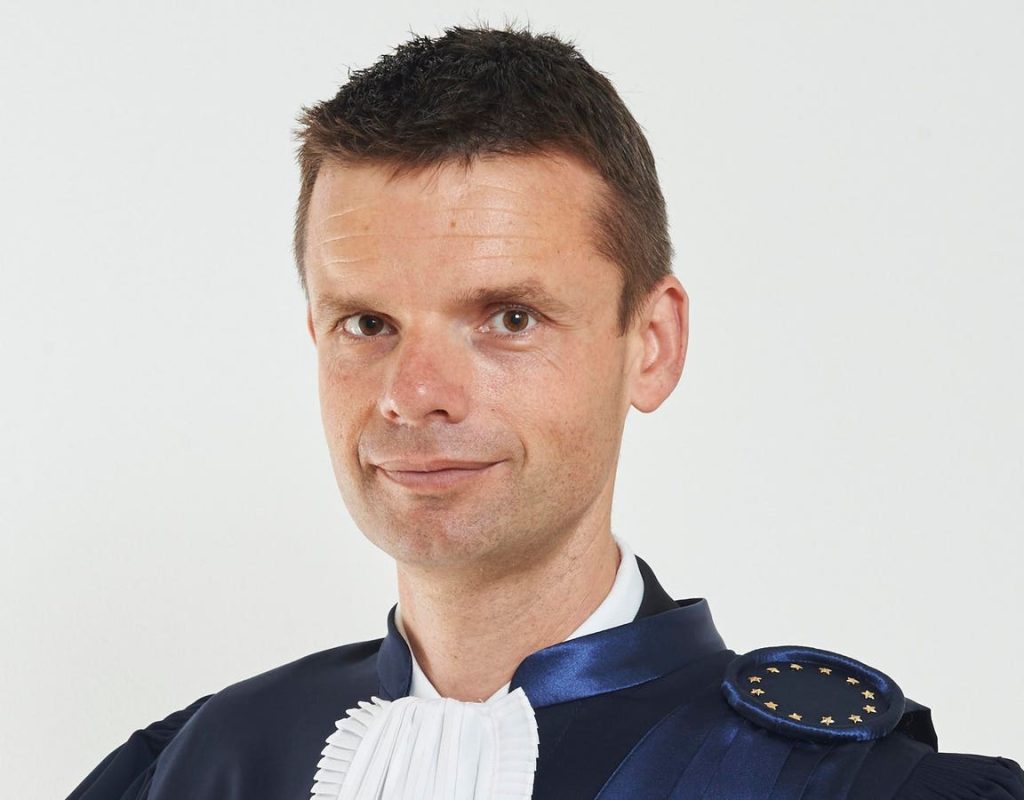The European Court of Human Rights (ECHR) has elected Marko Bošnjak as the new President of the Court. This decision comes shortly after the ECHR issued a groundbreaking opinion recognizing protection from the effects of climate change as a human right under European law. The ECHR was established in 1959 and is responsible for ruling on individual or State applications alleging violations of civil and political rights outlined in the European Convention of Human Rights. The Court is composed of 46 judges, representing each member state, who are elected for a non-renewable term of nine years. The Court has issued over 10,000 opinions on a variety of human rights issues, but the recent climate change opinion has garnered significant attention and put the ECHR at the forefront of the climate change debate.
The Council of Europe (CoE), the organization behind the ECHR, was founded in 1949 by ten European states to promote human rights, democracy, and the rule of law in Europe. The CoE is independent of the European Union and is currently made up of 46 European countries. The European Convention of Human Rights was adopted by the CoE in 1950 as an international treaty designed to protect human rights and liberties. The Convention called for the establishment of the ECHR to enforce its provisions. The Strasbourg Court, as the ECHR is also known, became a full-time court in 1998 and has since been instrumental in upholding human rights across Europe.
The recent opinion on climate change, issued in April, centered around the case of Verein KlimaSeniorinnen Schweiz and Others v. Switzerland. This case established that protection from the effects of climate change is a human right under the Convention. While the opinion specifically targeted Switzerland, it is expected to lead to similar litigation in other member states. This decision has brought the ECHR to the forefront of the climate change debate, underscoring the importance of safeguarding human rights in the face of environmental challenges. The ruling highlights the Court’s ongoing commitment to upholding human rights in a rapidly changing world.
Marko Bošnjak, the newly elected President of the ECHR, will assume his position on July 2, succeeding current President Síofra O’Leary of Ireland. Judge Bošnjak, an attorney from Ljubljana, Slovenia, was elected to the ECHR in May 2016 for a term ending in 2025. He has served as Vice-President of the Court since November 2022 and is expected to bring his expertise in human rights law to his new role as President. In addition to Bošnjak’s appointment, Judge Arnfinn Bårdsen of Norway has been elected as the new Vice-President, taking over from Bošnjak. These leadership changes reflect the Court’s continued commitment to upholding human rights in Europe.
The ECHR’s role in protecting human rights and promoting democracy in Europe is essential to upholding the values of the Council of Europe. The Court’s recent opinion on climate change underscores its commitment to addressing contemporary challenges and ensuring that human rights are respected in all circumstances. As the ECHR continues to navigate complex legal issues and uphold the principles of the European Convention of Human Rights, the appointment of Marko Bošnjak as President signals a new chapter for the Court. With Bošnjak at the helm, the ECHR is poised to address emerging human rights issues and confront global challenges while remaining a beacon of justice and fairness in Europe.


